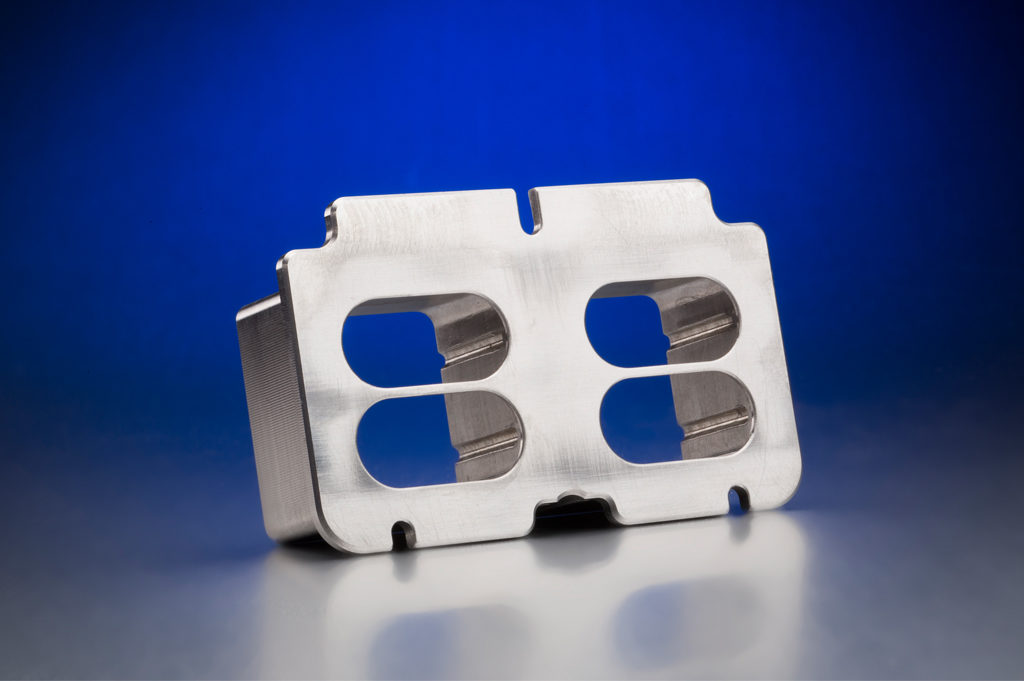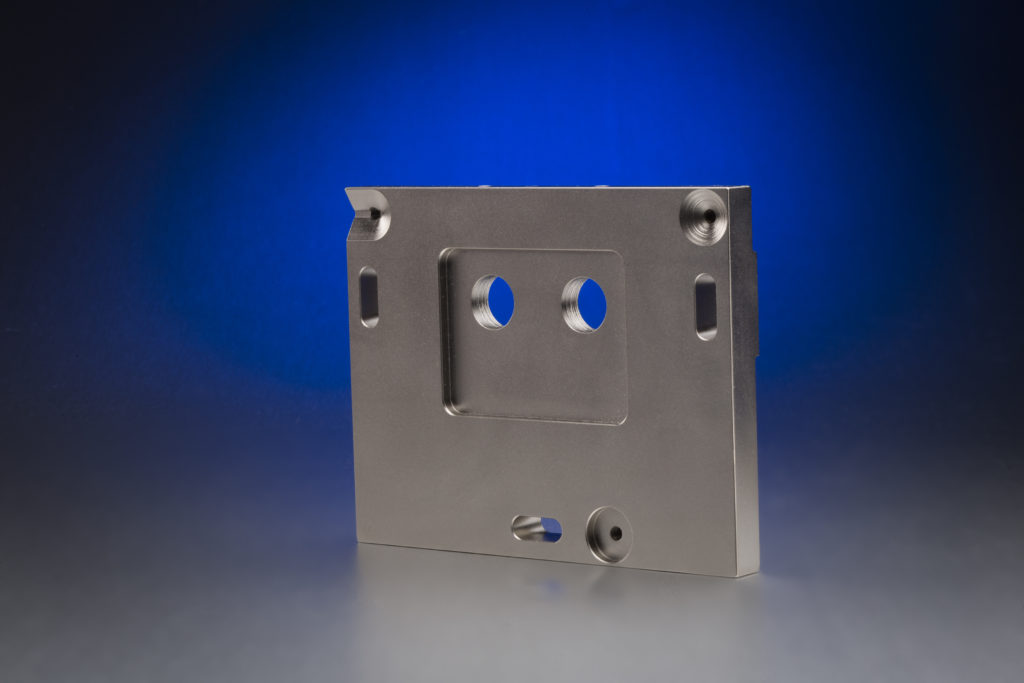Peerless Precision Specializes in Invar Parts for Optical Machining
Are you tired of job shops no-quoting you on Invar projects? It’s hard finding a shop willing to machine Invar—let alone one that specializes in this notoriously challenging material.
The nickel-based non-magnetic alloy has many useful properties: it’s resistant to temperature fluctuations, weather patterns, and rust, making it ideal for commercial optics and optical machining applications.
But despite its practical characteristics, there’s no getting around the fact that Invar is difficult to machine. It’s dense, heavy, and extremely receptive to discoloration and fingerprinting, so machinists must take extreme measures to ensure a good cosmetic appearance.
While other job shops balk at Invar, the team at Peerless Precision is prepared to conquer this challenging material! We’re perfectly equipped to handle all of your Invar 36 machining needs, from our machining process to the investments we’ve made to protect Invar parts.
Common Applications for Invar
The commercial optics and optical machining industries regularly use Invar parts inside microscopes due to the material’s non-magnetic properties and resistance to temperature changes. Invar parts are consistently the same size and configuration no matter the weather, which is imperative in optical applications.
Here’s a look at a couple of Invar parts our team made for a commercial optics customer:

Commercial Optics Invar X-Y Modified Retro Holder

Commercial Optics Invar Base Plate X-Y Axis
As you might be able to see in the image, the X-Y Modified Retro Holder has extremely thin walls
measuring only .0500” x .032” thick. Our precision machining capabilities were key to creating tight tolerances for these Invar parts. And the parts are cosmetically flawless, with no visible dents, scratches, or discoloration.
Invar Machining at Peerless Precision
The most common grade of Invar we work with at Peerless Precision is Invar 36. Our machinists describe it as “chewy,” which is their shorthand for “difficult to machine.” Materials that are considered easy to machine usually generate nice, consistent chips during milling or turning. Invar, on the other hand, casts off tiny, inconsistently shaped pellets during machining processes. That makes it unpredictable and harder to achieve that flawless finish optical applications require.
We typically run our Invar 36 parts through several processes to ensure they meet our high quality standards:
- Milling on our 4-axis or 5-axis CNC mills, depending on the configuration of the part
- Burring to clean up edges and holes
- Grinding when we need to smooth out surfaces and finishes
- Finishing to blast the parts with a glass bead machine for a smooth, satiny finish
- Nickel-plating to harden the outside of the part and protect it from damage
How Peerless Precision Protects Invar Parts
Since the Invar parts used in commercial optics and optical machining have to be pristine, our team takes extra precautions to ensure your parts are flawless when they leave our shop and when you receive them. Whether it’s additional QA measures or special shipping materials, we do whatever it takes to deliver perfect parts every time:
- Inspection. During inspection we check for dents, fingerprints, scratches, discolorations, and other imperfections.
- Packing. Our team wears two sets of gloves and handles Invar parts with the utmost care to avoid adding fingerprints and scratches.
- Packaging. We package each Invar part in its own individual packing paper, bubble wrap, and box to prevent damage during transit.
Don’t be discouraged by other job shops no-quoting you on Invar parts. Take your next Invar project to a team of experts that specializes in machining this challenging material. Request a quote today to get started!





Comments are closed